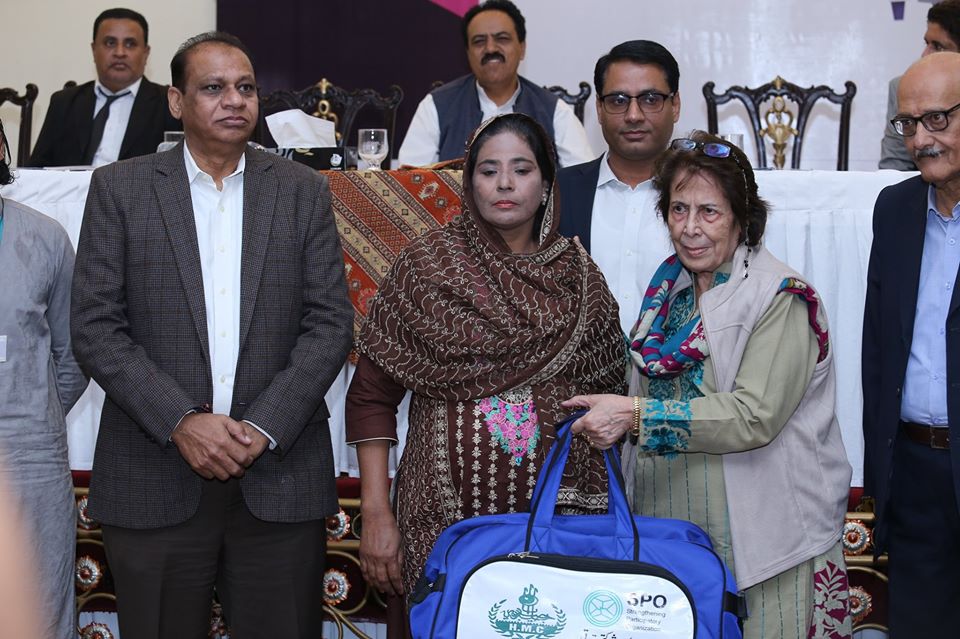Data suggests that there are 1 to 1.5 sanitary workers per 1,000 population in major towns of Sindh.' Only Karachi city, with a population of 20mn, has close to 11,000 sanitary workers, as the data suggests.'
While this reflects Inadequate access to sanitation for the population of the province, it also highlights the stress on sanitary workers that have to deal with worst unhygienic conditions and health and safety risks In the course of their work. Sanitation workers face a fatality risk that is 10 lime; higher than workers in all other industries. This misery is compounded by outdated civic infrastructure and poor attention to workplace safety, indignity, discrimination, and negative social attitudes, especially against non-Muslim workers.
While there is an understanding of the need to address the Issues of the sanitary workers, there has not been much progress in developing a comprehensive plan to steer efforts in this direction.
Identifying the significance of such a measure, Strengthening Participatory Organization, Pakistan in collaboration with the Sindh Human Rights Commission has initiated a pilot project titled: "Promotion of Social Well-Being of Sanitary Workers (PSWSW)°. The project seeks to pursue the objectives of:
-
minimizing social stigmatization and improvement in their well- being
- providing them primary awareness on health hazards, usage of safety kits along with provision of technical support.
The project is informed by a consultative process with sanitary workers around the key issues hampering their wellbeing at work and in general life. Key areas highlighted by these consultations include Health hazardous, accidental death; absence of safety kits/equipment, job insecurity due to contract-based employment, poor implementation of labor laws, poor socio-economic conditions, discrimination on the basis of profession, caste, religion, low literacy rate and absence of voice among sanitary workers.
It has also been duly noted that the Occupation Health and Safety Policy of Sindh, and the Sanitation Policy have no specific provision for sanitary workers.
The Pilot Project is a combination of awareness and advocacy activities, formation of and support for a community organization, research to comprehend the challenges of the sanitary workers, development of a strategic plan and most Importantly, mobilize stakeholders support to address the issues of safety and indignity attached to sanitation work.
Towards this end, the project has developed research and strategic plan, in addition to the formation of a committee at the Sindh Human Rights Commission seeking to specifically look into the issues of the sanitary workers. Moreover, a set of safety kits to be distributed among the workers has also been prepared.
As the project enters its final stages, SPO and SHRC are organizing a provincial conference on 9 December 2019 at Indus Hotel, Hyderabad to mobilize institutional and political support for the sanitary workers and present a way forward based on the organization's technical documentation on Sindh's sanitation workers. The conference may have participation from government ministries, human rights commissions, municipal representatives, sanitary workers, parliamentarians, experts, and civil society. The platform will serve as a forum to enhance support for a comprehensive plan of action for the sanitary workers.


